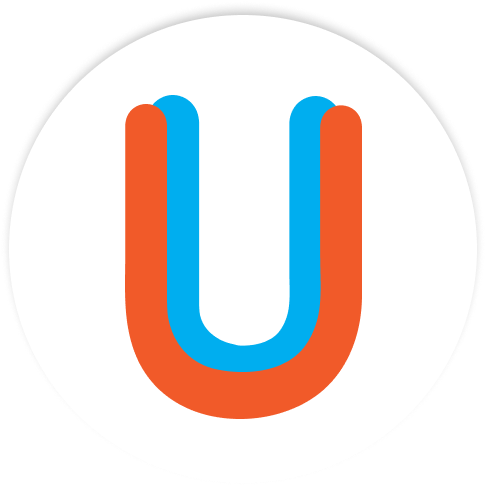Did you know that each child’s brain forms more than a million new connections every second in the first few years of their life? This incredible pace of brain development underscores the crucial need for high-quality early childhood education. However, traditional educational methods often fail to tap into this extraordinary potential, opting instead for a one-size-fits-all approach. But, as no two snowflakes are alike, neither are any two children – so why should their education be?
Traditional Early Childhood Education: A Monologue
Traditionally, early childhood education has adopted a ‘monologue’ approach. The teacher talks, and the children listen – or at least, they pretend to. This style of education often brings to mind the image of an orchestra conductor leading an ensemble. However, in this metaphor, the conductor is the teacher, and the children are expected to play their parts as directed, irrespective of whether the instrument suits their unique skills and interests.
This approach, while seemingly efficient, often leaves little room for individual creativity and curiosity. It’s akin to trying to fit square pegs into round holes. The child’s voice, interests, and unique learning style often remain unheard, leading to a lack of engagement and, in some cases, a lifelong aversion to learning.
Personalized Learning: Turning Monologue into Dialogue
Personalized learning, on the other hand, is akin to a jazz ensemble. Each child, like a jazz musician, brings their unique style and rhythm to the ensemble, contributing to a harmonious melody that is both individual and collective. It flips the script, turning the traditional ‘monologue’ of education into a ‘dialogue’ where each child’s voice is valued and nurtured.
Imagine a classroom where each child’s interests, abilities, and pace of learning are recognized and catered to. That’s personalized learning in action! It encourages children to become active participants in their learning journey, thus creating a two-way interactive process. It’s more of a tennis match than a lecture, with ideas and knowledge bouncing back and forth between the educator and the child.
Role of Personalized Learning in Early Childhood Education
Research shows that personalized learning can lead to improved student engagement and better academic outcomes. By addressing each child’s unique learning style and pace, it fosters a love of learning and cultivates essential skills like critical thinking, problem-solving, and creativity.
- Personalized learning encourages individuality: By respecting each child’s unique attributes, it allows them to learn in a way that is most effective for them.
- It boosts engagement: When children see their interests reflected in their learning, they’re naturally more engaged.
- It fosters a lifelong love of learning: Children who are active participants in their education are more likely to develop a lifelong love of learning.
Real-world Applications of Personalized Learning
Personalized learning is not just a theory; it’s being practiced in classrooms around the world. For instance, some schools are experimenting with “learner profiles,” where teachers keep detailed notes on each student’s strengths, weaknesses, and interests. Other schools have moved away from age-based grades, allowing children to learn at their own pace.
Technological tools also play a significant role in facilitating personalized learning. There are countless apps and platforms available today that cater to different learning styles and paces. Among them, alphaTUB stands out as an innovative tool that aids in fostering personalized learning in early childhood education.
The Future of Personalized Learning in Early Childhood Education
The world is changing rapidly, and our approach to education must evolve with it. The future of personalized learning in early childhood education looks bright, with technology playing an increasingly pivotal role in facilitating individualized learning experiences. As artificial intelligence and machine learning become more sophisticated, we can expect even more innovative solutions for personalized learning.
The importance of personalized learning is gradually being recognized, and the conversation around it is growing. Policymakers, educators, and parents are increasingly advocating for a shift away from the traditional monologue approach towards a more inclusive and individualized dialogue approach.
Takeaway
Personalized learning transforms early childhood education from a monologue into a dialogue, amplifying each child’s unique voice in the symphony of learning. Imagine a world where every child is an active participant in their learning journey, where education is not a race, but a joyous exploration of each child’s unique potential. It’s a lofty goal, but with personalized learning, we’re one step closer to that dream.
So, whether you’re an educator or a parent, I invite you to join the conversation. After all, as the African proverb goes, “It takes a village to raise a child.” And in this village, every voice counts. So, why not explore tools like alphaTUB that support personalized learning and make every child’s voice heard in this crucial dialogue?




